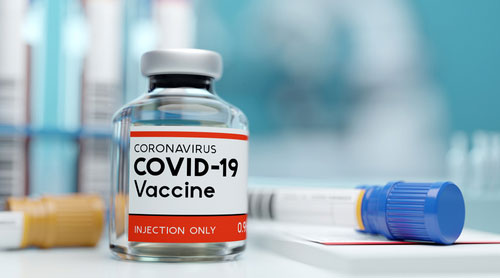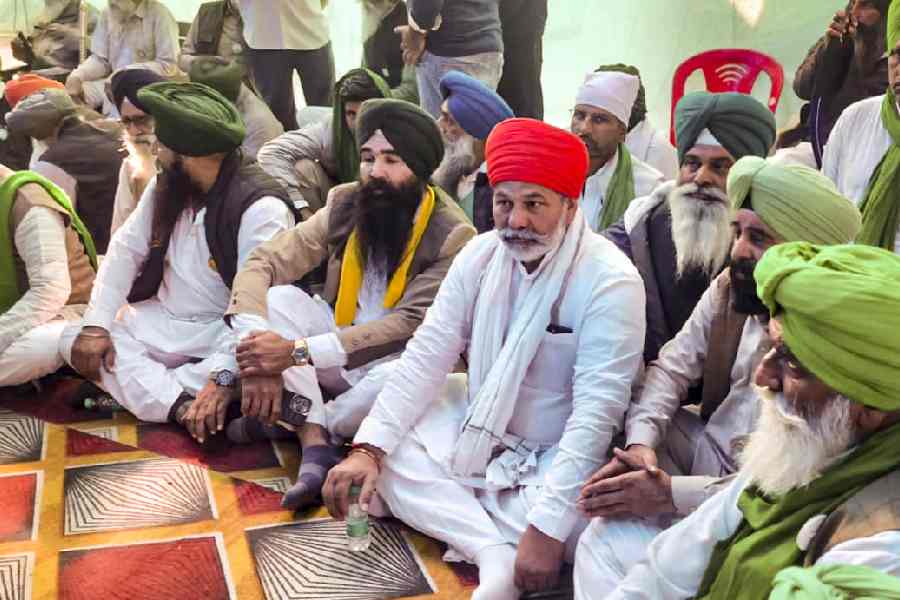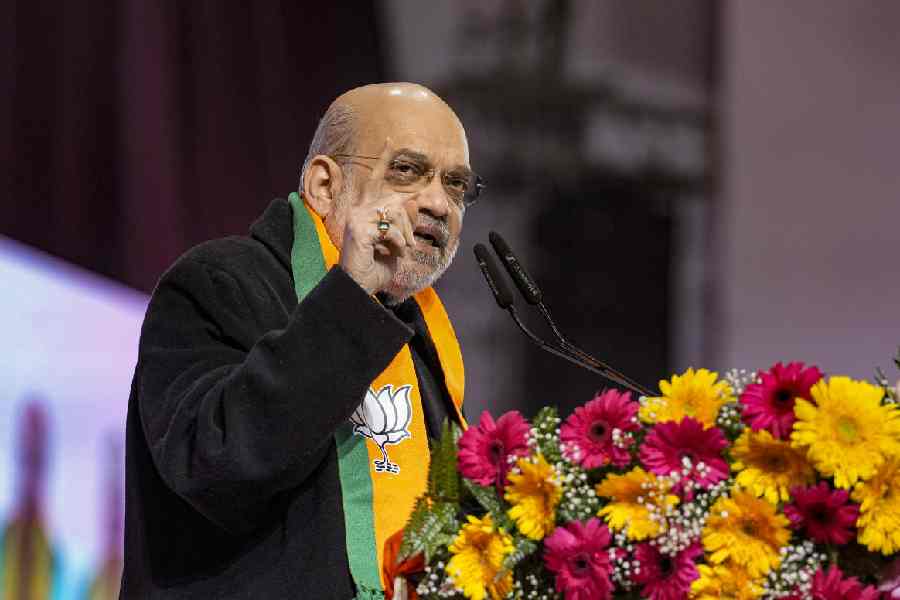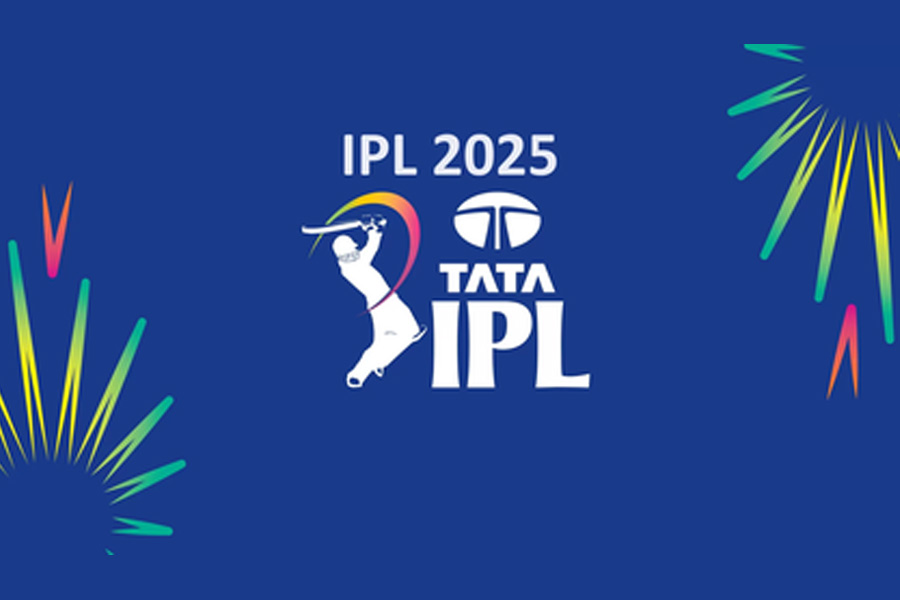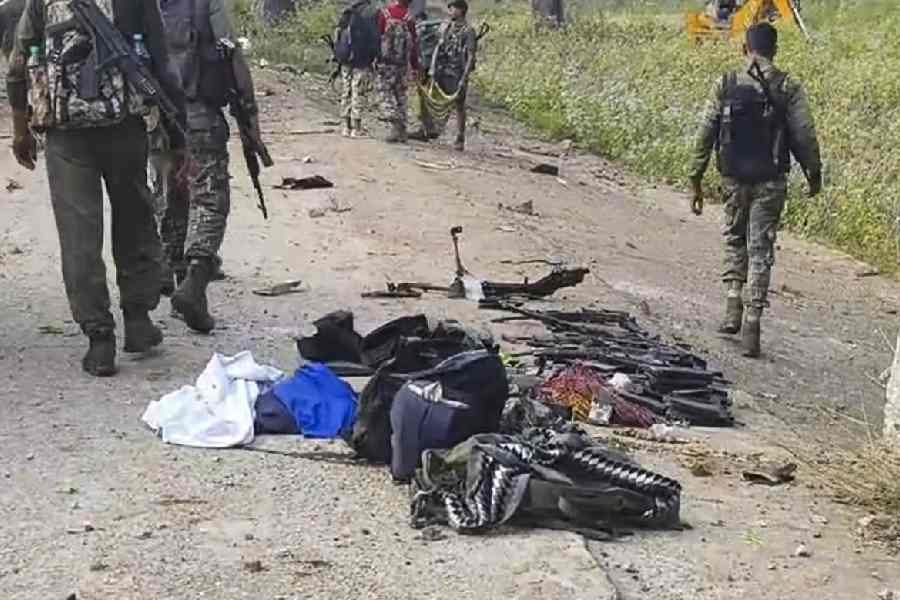The Centre is exploring modalities of providing emergency authorisation and license to use Covid-19 vaccines pending phase III clinical trials and regular licensure.
In a recent meeting attended by NITI Aayog Member (Health) Vinod Paul, Principal Scientific Advisor to the government K VijayRaghavan and Union Health Secretary Rajesh Bhushan, issues relating to advance purchase commitment for vaccines were discussed as well. The matter of pricing of the vaccines was also tabled at the meeting.
"It was decided that the PMO-constituted Vaccine Task Force (VTF) will lay down the principles for emergency use authorisation while the National Expert Group On Vaccine Administration for COVID-19 (NEGVAC) should take the lead in setting the principles for advance market commitment, including vaccine pricing," a source said.
This comes amid a time when companies like Moderna and Pfizer have sought emergency use authorisation of their Covid-19 vaccines from the US regulators.
In India, five vaccines are under different phases of trial. The Serum Institute of India is conducting the phase-three trial of the Oxford-AstraZeneca COVID-19 vaccine, while Bharat Biotech and ICMR have already started the phase-three trial of the indigenously developed COVAXIN jab.
An indigenously developed vaccine by Zydus Cadila has completed phase-two clinical trials in the country. Dr Reddy's Laboratories will soon start the combined phase two and three trials of the Russian COVID-19 vaccine Sputnik V in India.
According to the source, an urgent meeting of the vaccine task force (VTF) with experts will be convened to review the scientific status of vaccines globally and whether, if so how and when should the decision on emergency authorisation of vaccines be taken.
The terms of references for two major bodies dealing with vaccine introduction -- the National Technical Advisory Group on Immunisation (NTAGI) and the Central Drug Standards and Control Organisation (CDSCO) -- will be set and their roles clearly defined for authorisation and emergency authorisation.
“It was also agreed at the meeting that one point of contact will be responsible for examining and responding to authorisations given (or in the pipeline), globally”, the source said.

